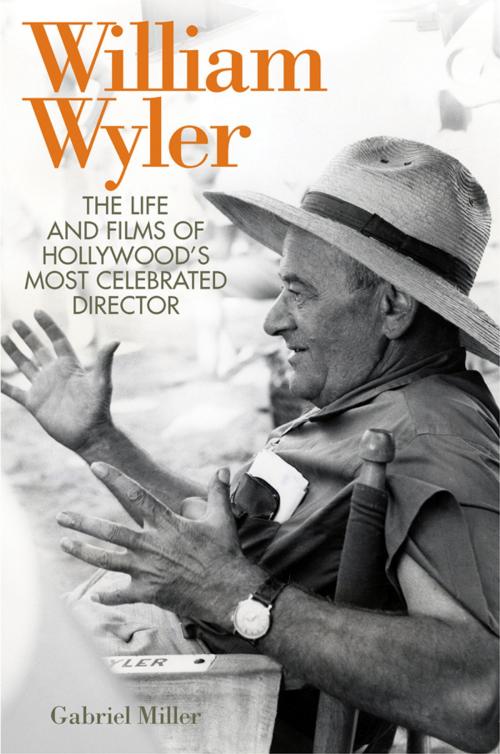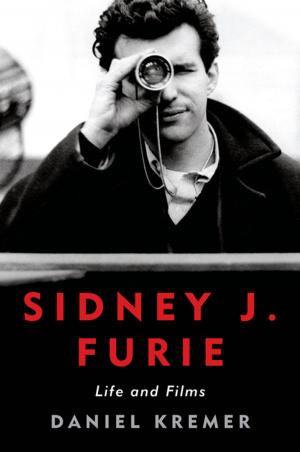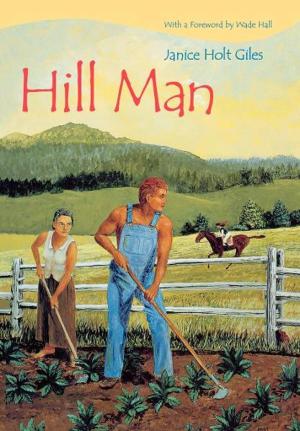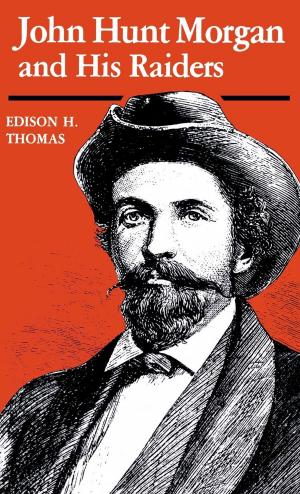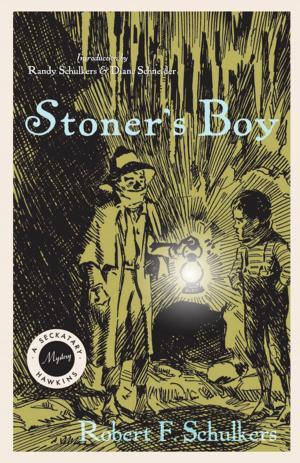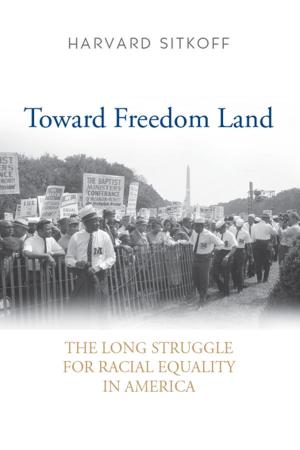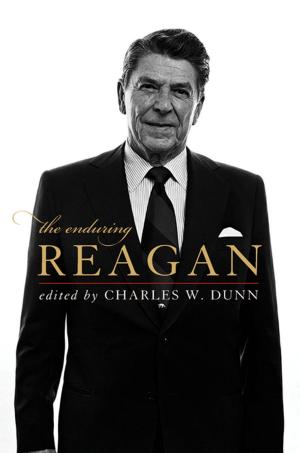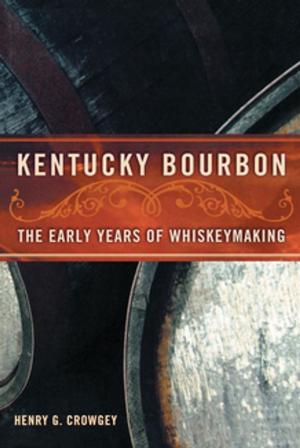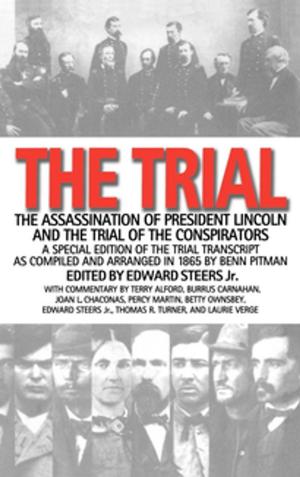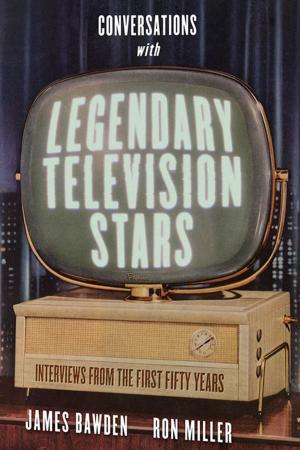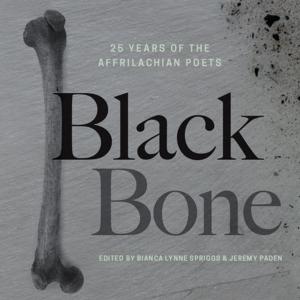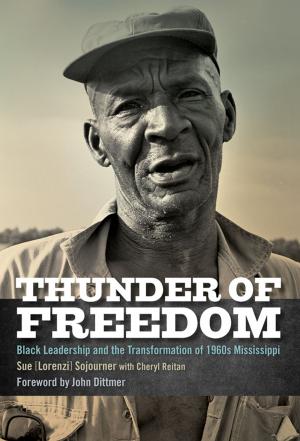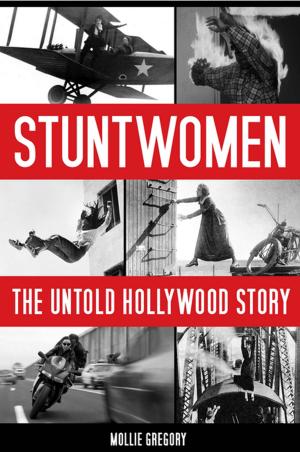William Wyler
The Life and Films of Hollywood's Most Celebrated Director
Biography & Memoir, Entertainment & Performing Arts, Nonfiction, Entertainment, Performing Arts| Author: | Gabriel Miller | ISBN: | 9780813142104 |
| Publisher: | The University Press of Kentucky | Publication: | July 19, 2013 |
| Imprint: | The University Press of Kentucky | Language: | English |
| Author: | Gabriel Miller |
| ISBN: | 9780813142104 |
| Publisher: | The University Press of Kentucky |
| Publication: | July 19, 2013 |
| Imprint: | The University Press of Kentucky |
| Language: | English |
During his forty-five-year career, William Wyler (1902--1981) pushed the boundaries of filmmaking with his gripping storylines and innovative depth-of-field cinematography. With a body of work that includes such memorable classics as Jezebel (1938), Mrs. Miniver (1942), Ben-Hur (1959), and Funny Girl (1968), Wyler is the most nominated director in the history of the Academy Awards and bears the distinction of having won an Oscar for Best Director on three occasions. Both Bette Davis and Lillian Hellman considered him America's finest director, and Sir Laurence Olivier said he learned more about film acting from Wyler than from anyone else.
In William Wyler, Gabriel Miller explores the career of one of Hollywood's most unique and influential directors, examining the evolution of his cinematic style. Wyler's films feature nuanced shots and multifaceted narratives that reflect his preoccupation with realism and story construction. The director's later works were deeply influenced by his time in the army air force during World War II, and the disconnect between the idealized version of the postwar experience and reality became a central theme of Wyler's masterpiece, The Best Years of Our Lives (1946).
None of Wyler's contemporaries approached his scope: he made successful and seminal films in practically every genre, including social drama, melodrama, and comedy. Yet, despite overwhelming critical acclaim and popularity, Wyler's work has never been extensively studied. This long-overdue book offers a comprehensive assessment of the director, his work, and his films' influence.
During his forty-five-year career, William Wyler (1902--1981) pushed the boundaries of filmmaking with his gripping storylines and innovative depth-of-field cinematography. With a body of work that includes such memorable classics as Jezebel (1938), Mrs. Miniver (1942), Ben-Hur (1959), and Funny Girl (1968), Wyler is the most nominated director in the history of the Academy Awards and bears the distinction of having won an Oscar for Best Director on three occasions. Both Bette Davis and Lillian Hellman considered him America's finest director, and Sir Laurence Olivier said he learned more about film acting from Wyler than from anyone else.
In William Wyler, Gabriel Miller explores the career of one of Hollywood's most unique and influential directors, examining the evolution of his cinematic style. Wyler's films feature nuanced shots and multifaceted narratives that reflect his preoccupation with realism and story construction. The director's later works were deeply influenced by his time in the army air force during World War II, and the disconnect between the idealized version of the postwar experience and reality became a central theme of Wyler's masterpiece, The Best Years of Our Lives (1946).
None of Wyler's contemporaries approached his scope: he made successful and seminal films in practically every genre, including social drama, melodrama, and comedy. Yet, despite overwhelming critical acclaim and popularity, Wyler's work has never been extensively studied. This long-overdue book offers a comprehensive assessment of the director, his work, and his films' influence.
